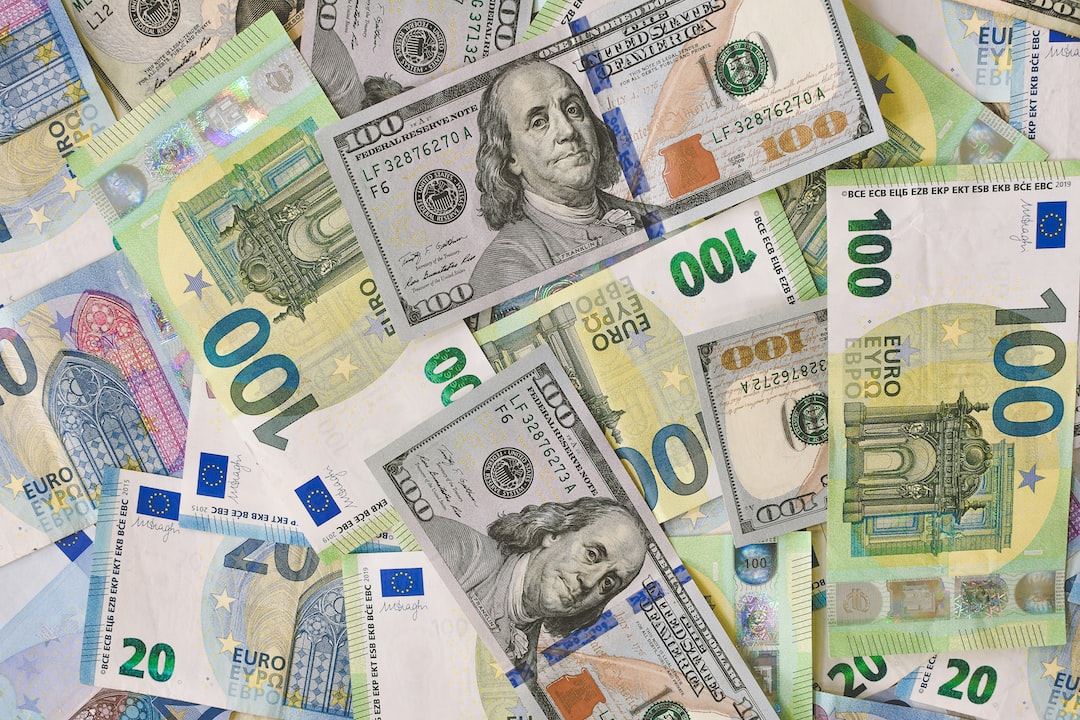As a forex trader, it is important to understand your trading style and approach to the market. Knowing what kind of trader you are can help you develop a trading plan that aligns with your strengths, weaknesses, and personality. In this article, we will explore the different types of forex traders and what sets them apart.
1. Day Trader
Day traders are traders who open and close positions within a single trading day. They typically use technical analysis to identify short-term price movements and capitalize on these moves. Day traders are known for their quick decision-making skills and ability to react to market news and events in real-time. They rely on high leverage to make small profits on each trade.
Day trading requires a lot of time and attention, as traders need to monitor the market constantly. It can be stressful and emotionally taxing, but it can also be highly profitable for those who are disciplined and have a solid strategy in place.
2. Swing Trader
Swing traders hold positions for a few days to a few weeks, aiming to capture medium-term trends in the market. They use a combination of technical and fundamental analysis to identify potential trade setups. Swing traders are less concerned with short-term fluctuations in price and instead focus on the overall trend of the market.
Swing trading requires patience and discipline, as traders need to wait for the right setup to present itself. It can be less stressful than day trading, as traders do not need to monitor the market constantly. However, it can also be more challenging to manage positions over a longer period of time.
3. Position Trader
Position traders hold positions for weeks to months, aiming to capture long-term trends in the market. They use fundamental analysis to identify potential trade setups, looking at factors such as economic indicators, geopolitical events, and monetary policy decisions. Position traders are less concerned with short-term price movements and instead focus on the bigger picture.
Position trading requires a lot of patience and a long-term perspective. Traders need to be able to weather short-term market volatility and hold onto positions even when they are in the red. It can be less stressful than day trading or swing trading, but it requires a lot of discipline and a solid understanding of macroeconomic factors.
4. Algorithmic Trader
Algorithmic traders use computer programs to execute trades automatically based on pre-set rules and parameters. They use a combination of technical and quantitative analysis to identify potential trade setups and optimize their trading strategies. Algorithmic trading can be highly profitable, as it allows traders to take advantage of even the smallest price movements in the market.
Algorithmic trading requires a strong understanding of programming languages and quantitative analysis techniques. Traders need to be able to develop and test their algorithms, as well as monitor their performance and adjust them as needed. It can be less stressful than manual trading, but it requires a lot of technical expertise.
5. Copy Trader
Copy traders are traders who replicate the trades of other successful traders. They use social trading platforms to connect with other traders and copy their trades automatically. Copy trading can be a good option for beginner traders who are just starting out, as it allows them to learn from more experienced traders and potentially profit from their trades.
Copy trading requires a lot of research and due diligence, as traders need to identify successful traders to follow. It can be less stressful than manual trading, but traders still need to monitor their positions and adjust their strategy as needed.
In conclusion, there are many different types of forex traders, each with their own strengths and weaknesses. Whether you are a day trader, swing trader, position trader, algorithmic trader, or copy trader, it is important to develop a trading plan that aligns with your goals and personality. By understanding what kind of trader you are, you can improve your chances of success in the forex market.





